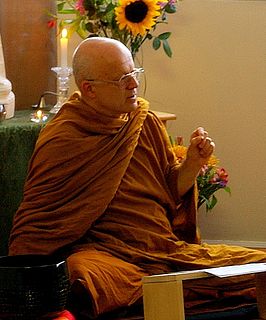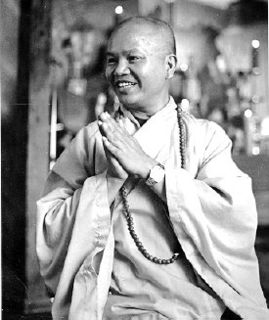A Quote by Anne Morrow Lindbergh
When one is a stranger to oneself then one is estranged from others too. If one is out of touch with oneself, then one cannot touch others. Only when one is connected to one's own core is.
Related Quotes
Studying the Buddha way is studying oneself. Studying oneself is forgetting oneself. Forgetting oneself is being enlightened by all things. Being enlightened by all things is to shed the body-mind of oneself, and those of others. No trace of enlightenment remains, and this traceless enlightenment continues endlessly.

































